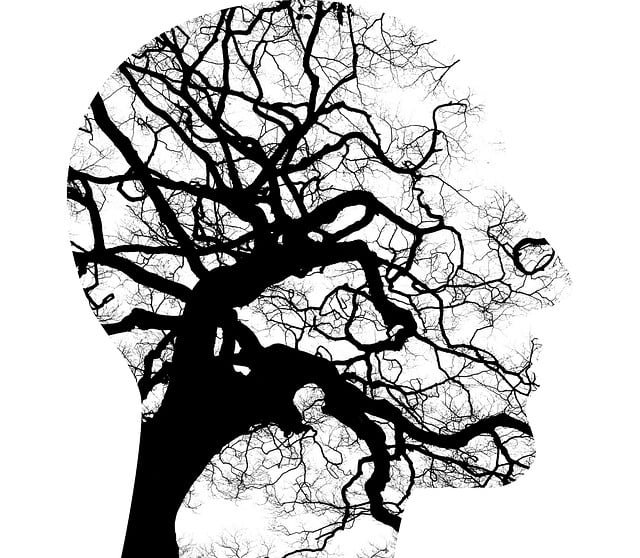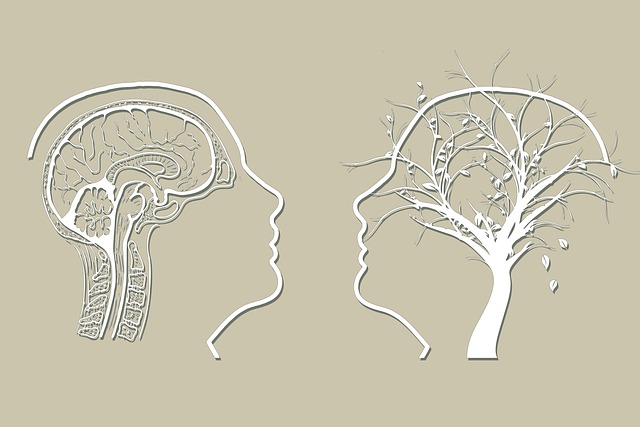Mental health policies play a vital role in supporting young adults with psychosis by advocating for specialized programs addressing their unique challenges, such as anxiety relief and conflict resolution. Despite growing awareness, current services often fall short due to barriers like limited insurance coverage and a shortage of therapists. Cultural sensitivity, self-care routines, and policy changes are crucial steps to ensure comprehensive support. Advocacy is key; community outreach, early interventions, educational resources, and structured workshops can destigmatize mental health issues and empower young adults with coping strategies for long-term recovery, specifically tailored to their needs (Therapy for Young Adults Psychosis).
Mental health policy plays a pivotal role in shaping the lives of young adults grappling with psychosis. This article delves into the intricate relationship between mental health legislation and its direct impact on access to therapy for this vulnerable population. We examine the current landscape, identifying challenges and gaps in existing policies. Through a critical analysis, we advocate for strategic changes aimed at enhancing mental health support systems, specifically focusing on improving therapy availability for young adults with psychosis.
- Understanding Mental Health Policy and Its Impact on Young Adults with Psychosis
- The Current State: Access to Therapy for Young Adult Populations
- Challenges and Gaps in Existing Policy: A Critical Analysis
- Advocating for Change: Strategies to Improve Mental Health Support Systems
Understanding Mental Health Policy and Its Impact on Young Adults with Psychosis

Mental health policies play a pivotal role in shaping support systems for young adults suffering from psychosis, a condition that significantly impacts their overall well-being and future prospects. These policies dictate access to essential services such as therapy for young adults with psychosis, which is crucial in managing symptoms and improving outcomes. Effective mental health policy advocacy ensures that young people receive the care they need, fostering better life outcomes and enhanced mental wellness.
Understanding the unique challenges faced by this demographic, policy initiatives can drive the development of specialized programs, including anxiety relief strategies and conflict resolution techniques, tailored to their needs. Moreover, mental wellness coaching programs can be integrated into policy frameworks, offering proactive support for young adults navigating psychosis. Such interventions not only alleviate symptoms but also empower individuals to take control of their mental health, leading to improved quality of life and greater independence.
The Current State: Access to Therapy for Young Adult Populations

The current landscape of mental health services often falls short when it comes to catering to the unique needs of young adults. Access to therapy, particularly for those experiencing psychosis, remains a significant challenge within this demographic. Many young adults face barriers such as limited insurance coverage, high costs, and a shortage of specialized therapists trained in youth-specific issues. As a result, many individuals slip through the cracks, going untreated or receiving inadequate care.
Cultural sensitivity in mental healthcare practice plays a crucial role in improving access to therapy for young adults. Understanding and addressing cultural nuances can help reduce stigma and encourage open dialogue about mental wellness. Additionally, promoting self-care routine development for better mental health among this age group is essential. By implementing targeted interventions and advocating for policy changes, we can strive to ensure that young adults receive the comprehensive support they need to navigate their mental health journeys effectively.
Challenges and Gaps in Existing Policy: A Critical Analysis

Despite significant strides in mental health awareness, existing policies often fail to address critical gaps, especially concerning young adults battling psychosis. One prominent challenge is the limited access to specialized therapy services tailored for this demographic. The current landscape largely focuses on older populations, neglecting the unique needs of young adults who may be in the midst of their educational or career journeys, adding complexity to their mental health struggles.
Furthermore, the integration of innovative therapeutic approaches, such as Mental Wellness Coaching Programs and Self-Care Routine Development for Better Mental Health, is often lacking in policy frameworks. These programs have shown potential in fostering resilience and promoting early intervention. Additionally, Stress Management Workshops Organization can play a pivotal role in equipping young adults with coping mechanisms to navigate stressful situations. Policy advocates must push for inclusive reforms that bridge these gaps, ensuring adequate resources and support systems for the mental wellness of this vulnerable population.
Advocating for Change: Strategies to Improve Mental Health Support Systems

Advocating for change is a pivotal aspect of mental health policy analysis and advocacy. To improve support systems for young adults experiencing psychosis, various strategic approaches can be employed. One effective method is implementing community outreach programs that target at-risk populations, providing early intervention and educational resources to foster emotional healing processes. By establishing partnerships with local schools, community centers, and healthcare providers, these initiatives can help destigmatize mental health issues and encourage young adults to seek the therapy they need.
Additionally, organizing stress management workshops can empower individuals to develop coping mechanisms and enhance their overall well-being. These workshops can be tailored to address specific challenges faced by young adults, incorporating evidence-based practices such as mindfulness techniques and cognitive behavioral therapy. By combining community outreach and emotional healing initiatives with structured programs like Stress Management Workshops Organization, advocates can create a holistic framework that not only treats psychosis but also promotes mental resilience and long-term recovery.
Mental health policy analysis reveals significant gaps in support systems for young adults experiencing psychosis. The current landscape, marked by limited access to evidence-based therapy for this vulnerable population, necessitates urgent advocacy. By addressing systemic challenges and leveraging effective strategies, we can foster more inclusive mental health support systems that cater to the unique needs of young adults with psychosis. Ensuring equitable access to quality therapy is not just a goal—it’s a crucial step towards a healthier, more resilient future for this at-risk demographic.














